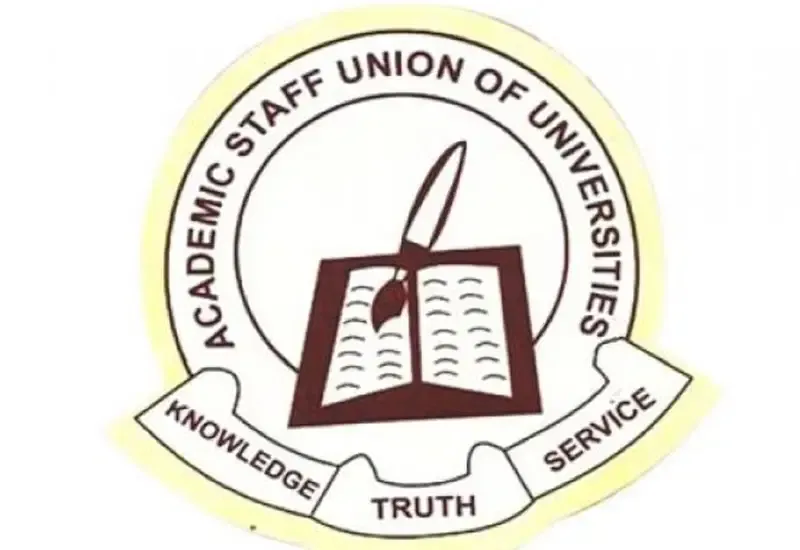The Benin Zone of the Academic Staff Union of Universities (ASUU) has expressed frustration over the prolonged non-review of its members’ salaries, which have remained stagnant since 2009. Speaking at a press conference in Benin, Prof. Monday Igbafen, the coordinator of the Benin Zone of ASUU, criticized the government for neglecting university teachers’ salaries while revising salaries in other sectors multiple times.
According to Prof. Igbafen, “University teachers in Nigeria have been on the same salary regime since 2009 when the value of naira to a dollar was N120, and salaries in other sectors have been reviewed twice or more. It is better imagined that what a Professor earns in today’s Nigeria is about $400 per month which is a scandalous undervaluation of scholars.”
He emphasized that the prolonged stagnation of salaries for 15 years without review is not only unjust but also invites resistance and industrial disharmony among university lecturers.
Listing ASUU’s grievances, Prof. Igbafen pointed out the federal government’s failure to meet their demands, which may lead to an impending industrial action. These demands include the stalled renegotiation of the 2009 FGN/ASUU Agreement, funding for the revitalization of public universities as agreed upon in various memoranda and agreements, illegal dissolution of Governing Councils, delayed and withheld salaries, issues with the Integrated Personnel and Payroll Information System (IPPIS), non-payment of Earned Academic Allowances (EAA), and the government’s reluctance to adopt the University Transparency and Accountability Solution (UTAS) in place of IPPIS.
He criticized the government’s inaction despite ASUU’s efforts to engage and resolve these issues, accusing it of pushing the union towards a strike action.
Furthermore, Prof. Igbafen condemned the illegal dissolution of governing councils in federal and state universities and the failure of some state governments to constitute new councils. He stressed that these actions undermine university autonomy and disrupt effective governance within higher education institutions.





